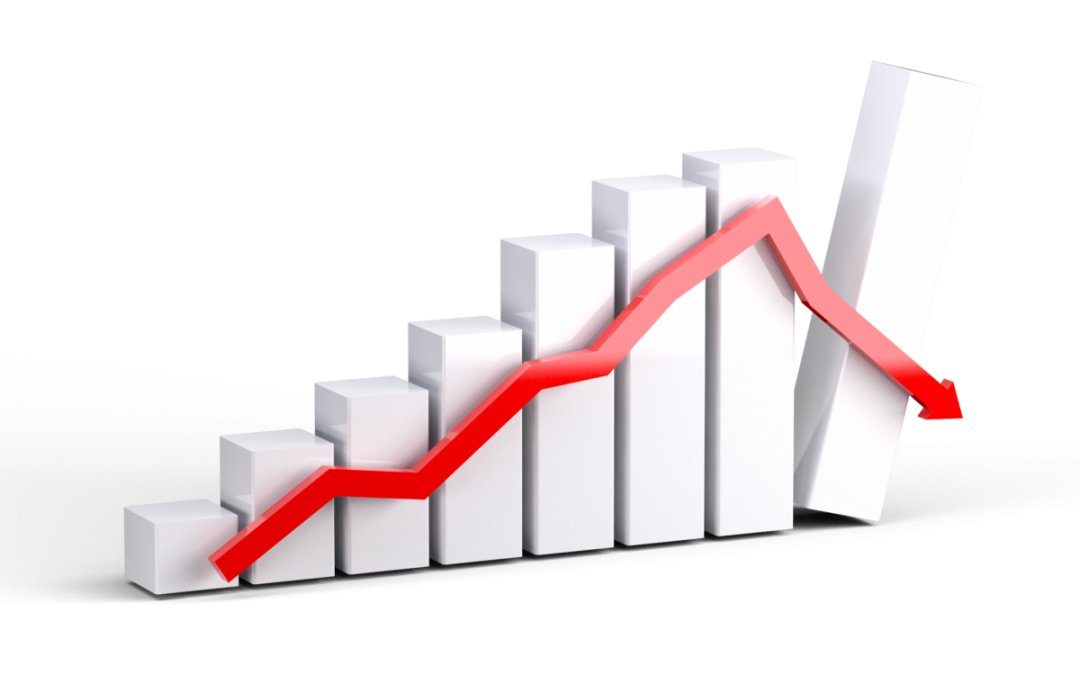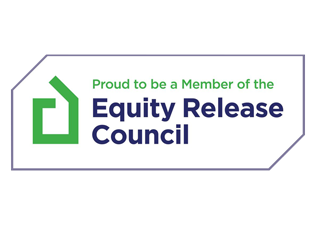-
UK house prices rose by 0.2% compared to September to an average £215,368
-
Annual growth stood at 0.4%, with prices £800 higher than October 2018
-
That is a significant slowdown from £9,100 increase in the year to October 2016
UK house prices barely moved this month as annual growth remained below 1% for the 11th month in a row, new figures from Nationwide have revealed. Despite the modest levels of demand, average prices are still £800 higher than they were in October last year, at £215,368 or an increase of 0.4%. That represents a ‘significant slowing’ compared with recent years though. For example, in the same period to October 2016, just after the Brexit referendum, prices increased by £9,100 according to Nationwide’s chief economist, Robert Gardner.
“Indicators of UK economic activity have been fairly volatile in recent quarters, but the underlying pace of growth appears to have slowed as a result of weaker global growth and an intensifying of Brexit uncertainty” Gardner said. However, as some analysts have pointed out, house prices are still rising despite the long-running Brexit uncertainty.
“Today’s house price index demonstrates that despite Brexit uncertainty, demand for real estate remains” said Jamie Johnson of FJP Investment. “Yes, the rate of house price growth has slowed down, but the fact that prices are rising at a time when the government is amidst a political crisis should not be overlooked. The question now is whether this upturn is a sign of things to come.”
Month on month, prices rose by 0.2%, reversing September’s 0.2% decline, the Nationwide report shows. House prices still remain quite pricey compared to earnings, although there has been some improvement, as wages picked up and house prices have stagnated.
Gardner said Britain’s strong labour market and low borrowing costs were offsetting the drag from the uncertain economic outlook. “The question is whether this pattern will continue” he added.
Nationwide’s figures echo the most recent official figures, showing that house prices growth remained resilient, with prices up 1.3% in the year to August 2019. Other house price reports have highlighted regional differences, with prices falling in London and neighbouring areas, while regions like the Midlands, Yorkshire and the Humber, Wales and Scotland seeing price rises amid strong demand.
However, the Royal Institution of Chartered Surveyors earlier this month said the number of homes being put up for sale had slumped to a three-year low amid ‘endless wrangling’ over Brexit.
Jeremy Leaf, north London estate agent and a former RICS residential chairman, said Nationwide’s figures confirmed that we are “not seeing or expecting to see any fireworks in the market over the next few months or at least until the smoke from the political situation begins to clear. What we are seeing on the ground is a continuing determination to find common price ground between buyer and seller, which is reflected in no real change to these steady transaction numbers” he added.
Howard Archer, economist at EY Item Club, also said he expected house prices to remain soft “in the near term at least. House prices on the Nationwide’s measure may struggle to rise more than 0.5% over 2019 – and house prices are unlikely to rise more than 1% on most other measures.”
[Source: Daily Mail Online, Money, 30 October 2019]
Want to know more? Get in touch!







